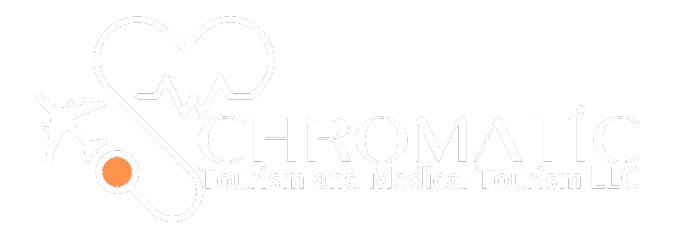
Biomaterials & Implant Design in Modern Dentistry: Engineering the Perfect Smile
Modern dental implants leverage advanced biomaterials like titanium, zirconia, and hydroxyapatite coatings for optimal strength, aesthetics, and bone fusion. Nano-engineered surfaces and hybrid designs further enhance performance. Whether prioritizing durability, allergy safety, or natural looks, today’s implant options offer personalized solutions for every patient’s oral health needs.

Digital and Technological Innovations in Dental Implantology: Revolutionizing Precision and Efficiency
Digital innovations like AI-driven planning, 3D-printed guides, dynamic navigation, and robotic surgery are revolutionizing dental implants. These technologies enhance precision, reduce surgery time, and improve outcomes. Whether for single-tooth replacements or full-arch restorations, digital dentistry ensures safer, more efficient, and aesthetically superior results for patients.

Modern Dental Implant Surgical Techniques & Protocols: A Comprehensive Guide
Modern dental implant techniques—such as flapless surgery, guided implants, All-on-4, and zygomatic implants—provide precise, minimally invasive solutions for tooth loss. These protocols reduce recovery time, improve aesthetics, and ensure long-term success. Whether replacing one tooth or an entire arch, advanced surgical methods offer customized, efficient, and reliable results for patients.

Understanding General Dentistry: Core Subjects and Their Importance
General dentistry encompasses preventive care, pediatric dentistry, oral pathology, oral surgery, endodontics, and orthodontics. These subjects ensure early disease detection, functional restoration, and aesthetic improvements. Regular check-ups and patient education play a key role in maintaining oral health. Understanding these areas helps patients and dentists work together for lifelong healthy smiles.

Diagnostic & Therapeutic Approaches in Neurology: Innovations Shaping Patient Care
Diagnostic and therapeutic advancements, such as advanced neuroimaging, lumbar puncture for CSF analysis, and robotics in neurorehabilitation, are transforming neurological care. These innovations enable earlier diagnosis, precise treatments, and improved recovery, enhancing quality of life for patients with neurological disorders.

Ethical & Global Health Considerations in Neurology: Navigating Challenges and Opportunities
Ethical and global health considerations in neurology, such as end-of-life care in ALS, access to epilepsy treatments, and neuroethics, highlight the need for equitable and compassionate care. Addressing these challenges requires collaboration, education, and innovative solutions to improve outcomes for patients worldwide.

Emerging Research & Technologies in Neurology: Shaping the Future of Brain Health
Emerging research and technologies, such as neuroprosthetics, AI in neuroimaging, and the gut-brain axis, are revolutionizing neurology. These advancements enable early diagnosis, personalized treatment, and functional restoration for patients with neurological disorders. By harnessing innovation, we can improve brain health and quality of life for millions worldwide.

Neurological Oncology: Advances in Brain Tumor Diagnosis and Treatment
Neurological oncology addresses brain and spinal cord tumors, including aggressive glioblastoma and metastatic brain tumors. Advances in immunotherapy, stereotactic radiosurgery, and blood-brain barrier-penetrating drugs are transforming treatment. Understanding these tumors’ biology and microenvironment is key to improving outcomes for patients with these challenging conditions.

Sleep Disorders: Unraveling the Complexities of Neurological Sleep Conditions
Sleep disorders like narcolepsy and restless legs syndrome disrupt normal sleep patterns and have neurological origins. Advances in stimulant therapies, dopaminergic agents, and orexin research are improving treatment outcomes. Understanding these conditions helps enhance sleep quality and overall well-being for affected individuals.

Headache & Pain Disorders: Understanding Causes and Innovative Treatments
Headache and pain disorders, including migraines, cluster headaches, and neuropathic pain, are common yet debilitating. Advances in CGRP inhibitors, oxygen therapy, and neuromodulation devices are transforming treatment. Understanding these conditions and their mechanisms helps improve pain management and quality of life for patients.


